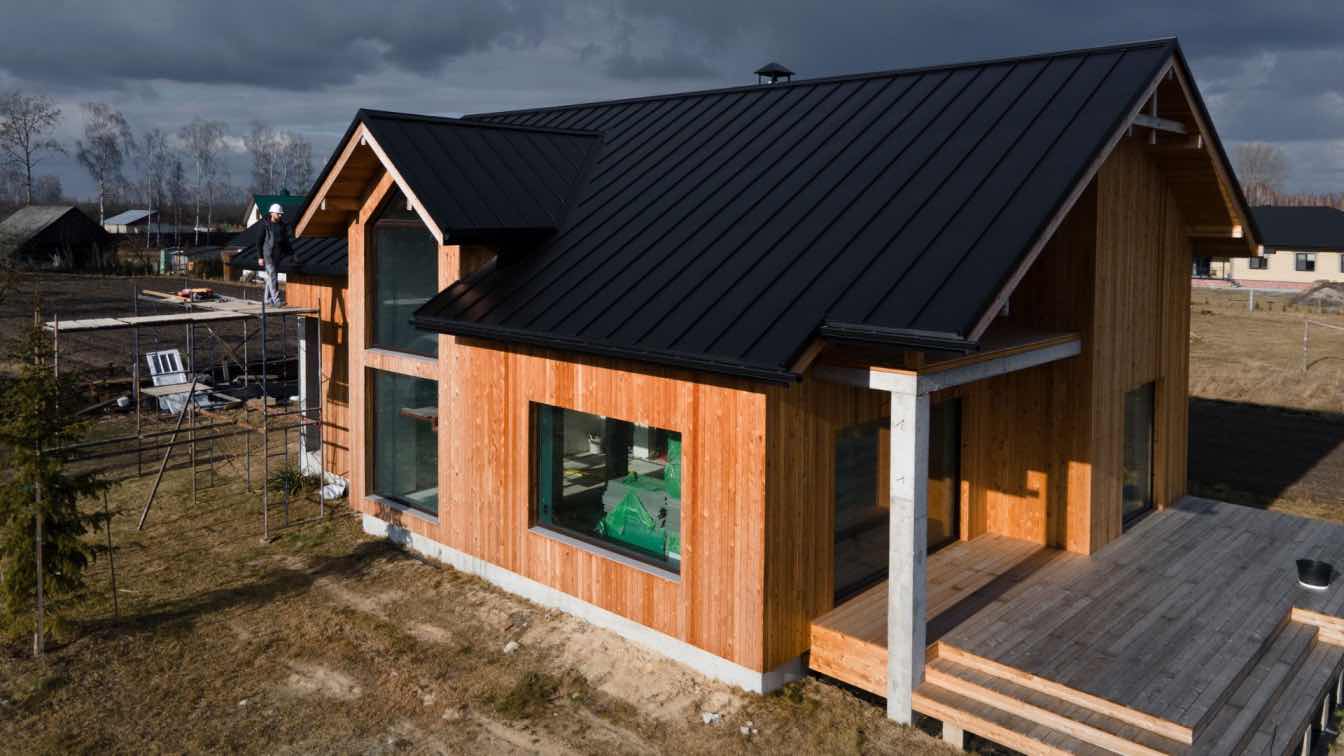Plumbers specialize in installing and repairing systems to distribute water, gas and waste in both residential and commercial settings. They rely on various tools for their jobs while being comfortable working with their hands.
Plumbing is an in-demand trade with great career potential and high salary potential. Here we explore this occupation's requirements and benefits in more depth.
Job description
Plumbers are responsible for installing and repairing pipes that carry water, gas, sewage and hot liquids. Their intricate networks of pipes must be precisely connected for proper functionality; while various tools must also be at their disposal to address problems such as leaks, blockages and burst pipes. In addition, plumbers possess skills in reading blueprints to assess building structures to make informed decisions regarding plumbing systems that exist on-site and responding to customer service inquiries as part of their duties.
Plumbers play a pivotal role in commercial and residential plumbing installations. Not only can they install fixtures and appliances, they're often responsible for laying new plumbing in new structures. As well as this responsibility comes identifying potential issues and making sure work complies with code specifications; some even collaborate with architects in designing plans to enhance efficiency of plumbing systems.
There are various paths to becoming a plumber, from trade school courses and apprenticeships, to self-employment options that allow more control over scheduling and project selection. Apprentices learn from master plumbers while on-the-job experience helps develop their skills further. Some opt to become self-employed instead, giving them greater control of their schedules and projects. The right decision is different for everyone.
As a successful plumber, it takes great communication skills and manual dexterity. You must be able to read blueprints accurately and follow detailed instructions when installing plumbing fixtures and appliances, respond rapidly when customer calls come in, troubleshoot issues efficiently, be punctual and respectful when visiting client properties. You can visit this helpful site to learn more about reading blueprints.
As a plumber, it is imperative that you possess superior customer service skills in order to establish long-term relationships and bolster the positive image of your business. In particular, this involves being able to explain complex plumbing problems simply and provide clear estimates for services offered. Since you will likely work regularly with many customers on an ongoing basis, being flexible and accommodating of their needs will be key in fulfilling them effectively.
Education and training requirements
High school graduation is often considered the minimum educational requirement to become a plumber; however, aspirant plumbers may take additional courses at trade schools or community colleges to develop additional skills. Such classes could include shop classes where aspiring plumbers gain hands-on experience using tools and mechanical systems as well as coursework in math, physics and chemistry - providing theoretical knowledge required for plumbing work.
Plumbers must possess excellent customer service skills as they frequently interact with homeowners and building managers. They should be able to explain complex plumbing issues in plain language while providing clear estimates of their work. In addition, they must be reliable, punctual and respectful of both clients' homes and businesses.
Work environment
A plumber's work environment varies considerably depending on the project they're undertaking, but generally speaking one can expect noisy, confined spaces filled with hot or cold water, chemicals and materials which could cause injury. Their physical requirements often include using power tools for moving heavy objects, climbing stairs and ladders and dealing with biohazards when installing pipes into soil or undertaking flood clean-up duties.
Additionally, plumbers must meet several physical requirements, but also must be available quickly when customers have emergencies that require emergency plumbing services. Because their schedule can often be unpredictable and requires working late nights and weekends if required by customers' requests, plumbers' hours of operation can vary and may include nights and weekends when demand for new systems increases rapidly.
Some plumbers specialize in commercial or industrial projects, which often present unique work environments than residential plumbing jobs. Such options for Plumber Sydney service locations can include offices, retail stores, hospitals and factories and may require special plumbing systems and equipment - in collaboration with other professionals - to meet building code regulations and ensure the system meets building codes and regulations.
Plumbers typically need excellent interpersonal communication skills and the ability to read and interpret blueprints, troubleshoot problems quickly, think critically about ways to resolve them and be attentive to customers' concerns while offering recommendations accordingly.
Salary
Professional plumbers are in high demand as they offer essential services like maintenance and repair of water pipes and drains, installation/fixing/installation of toilets/garbage disposals/other plumbing fixtures; as well as installing/fixing toilets/garbage disposals/other plumbing fixtures.
Plumbers must be capable of identifying and solving a wide array of problems while having enough stamina for consistently physically demanding work. Additionally, they must navigate complex networks of pipe systems while adhering to local building codes/safety standards.
Plumbing salaries depend on many variables. Cost of living has an effectual influence on salary; time in field/professional development also has an influence. Plumbers who invest in ongoing education/training will increase earning potential while remaining competitive on the market.
Additional factors affecting plumber salary include regulatory requirements and market demand. A strong national economy often results in increased construction projects and renovations that result in greater plumbing demand, leading to greater salaries paid out for plumber services.
Furthermore, companies who specialize in specific in-demand industries - for instance petroleum and coal product manufacturing industries require plumbing solutions for gas storage tanks, pipelines, and safety mechanisms - typically offer higher wages.
An additional way to increase plumber salary is through advanced certifications. Such credentials demonstrate your expertise in the industry and draw new clients; they can also attract and retain employees more successfully.
Furthermore, developing additional skills can improve a plumber's problem-solving abilities and boost earning potential; for instance learning the most appropriate plumbing software can allow jobs to be completed quicker and more efficiently, leading to higher productivity and income potential.





